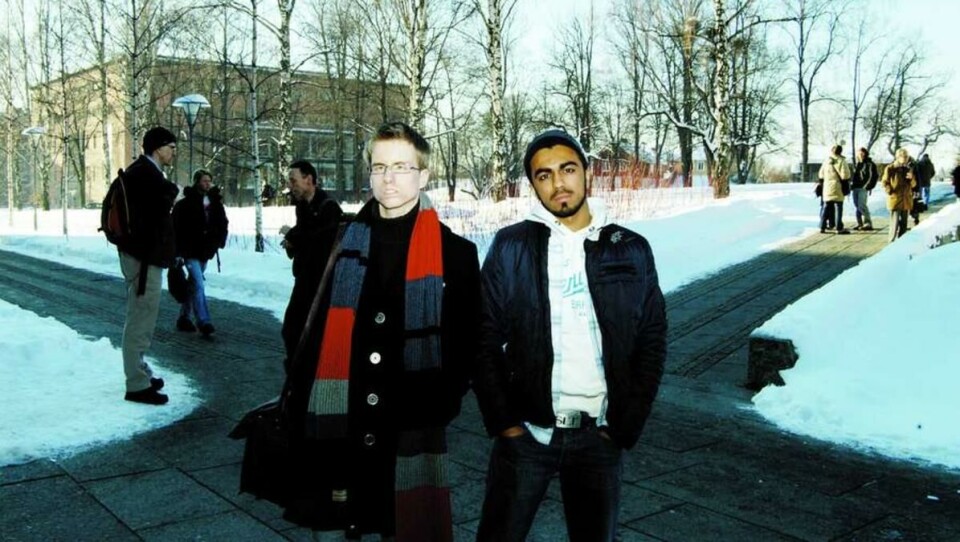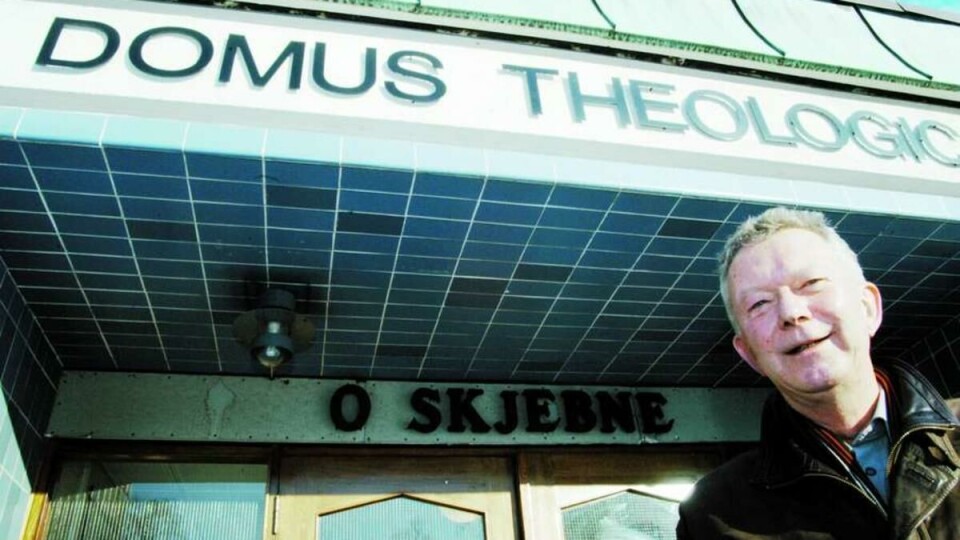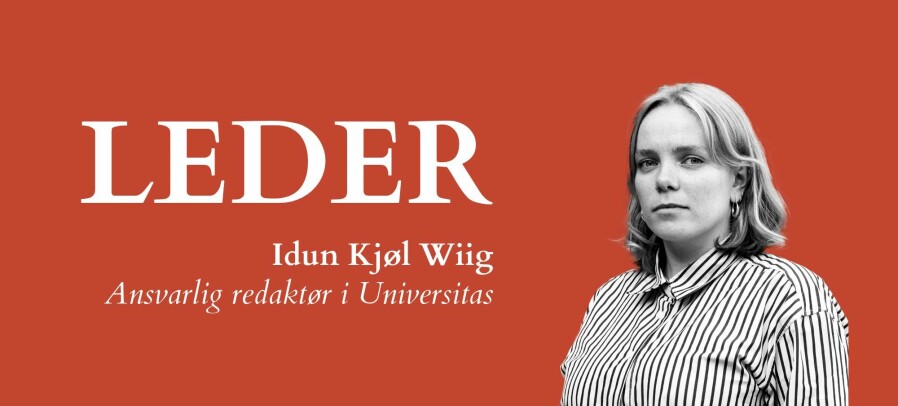
Opening for education of imams
The debate over State and church introduces new challenges for the Christian monopoly of Theology at the University.
Is the University supposed to educate priests who are separated from the State? Or maybe the future holds that you can apply to a degree course in order to become an imam?
– In accordance with the growth of the Muslim population, the demand for an education of imams will come automatically. It is natural that a growing number of Muslim institutions are established in Europe, thus in Norway as well, Awais Mushtaq thinks. He is a spokesperson on behalf of Muslimsk Studentsamfunn (MSS), a Muslim union of students at UiO.
– Theology implies the study of God. In that respect, it would have been great if we were able to educate priests, imams and rabbis side by side, Gaute Granlund continues, who is acting leader of Oslo kristelige studentforbund (OKS), a Christian students` union.
They both agree that religions should be regarded as equal at the University even though 85 per cent of the population are members of the State church.
– But the University cannot establish an education of imams over night. Imams in Norway are educated abroad, Mushtaq says.
They are both supporters of religious dialogue and are pleased that there are currently more modules concerned with corresponding issues.
– Religion and modules about religion and society are very important. UiO used to offer only one. However, you only learn about Islam. You do not become an imam after obtaining10 credits for Islam, Mushtaq says, who does not think it is strange that the University is currently not educating imams.
Changing

Helge Kvanvig, Dean at the Faculty of Theology (TF), thinks that it would be highly appropriate if the University could offer for instance Islamic Theology. And he believes there is a demand for that.
– However, he says,
– It would take its toll. The course would have to be in line with UiO`s requirements for open research and approved by Muslim communities.
– May new religious communities be accepted by TF?
– That will have to be arranged in the most sensible fashion, Kvanvig says, and underlines the importance of co-operating with Islamic communities in this respect.
According to Kvanvig, Theology, as a field of study, is going through significant changes. And the commission appointed to work on the State and Church issue is far from the only reason.
– Current changes are mainly caused by the multicultural and multireligious society. Theology has traditionally been linked to Christianity and its dialogue with society as a whole. In a multireligious society, you have to consider the Christian faith in relation to others, he says.
Either way
Responsible for Religion studies offered at the Faculty of Humanities, Torkel Brekke, holds that Theology can «go either way».
– Either somebody else could take over the education of priests, or, as I have suggested, we could offer education regarding other religious groups at the University as well, he says.
Brekke points out that the actual extent of the changes is still open for debate as does Trond Skar Dokka, who is chairman of Det praktisk-teologiske seminar, an independent educational institution offering Theology and Practice.
– Theology will not necessarily undergo fundamental changes, that is an open question, Dokka says, who draws attention to other countries that still educate priests despite having separated State and Church.
The issue in question has yet to be processed by Gjønnes-utvalget (a government commission), whereas Bakkevik-utvalget relating to the Church, in which Dokka served as a member, barely touched the issue a few years back.
– I guess we arrived at the conclusion that this has to remain an open question, he says.
































